Acne is a skin condition that affects millions of people worldwide. It is caused by a variety of underlying factors, including hormones, germs, stress, uncleanliness, and inflammation. Diet may also play a role. When the body does not get enough or too many specific nutrients, acne breakouts can be triggered.
The science of acne and scar reduction is getting better all the time. There’s a lot that you need to know about which supplements help folks with acne and scars. This article reviews the most up-to-date scientific studies on skincare supplements to see which ones are best for treating acne and how they function.
Contents
Which supplements are best for acne?
The human body’s largest organ is the skin. Skin acts as a protective barrier, regulates body temperature, and allows for the removal of sweat and oils. A person’s skin tone may alter with age and time. Sickness and external factors can also have an impact on the look and feel of one’s skin.
Changes in hormones, such as cortisol and thyroid hormones, can have a significant impact on skin health, function, and appearance. Vitamins and minerals might help to restore hormone balance, fight acne, and improve skin clarity. Topical and oral medications have been shown to be quite successful in treating acne. Vitamin A, vitamin D, zinc, and vitamin E are 4 of the most popular antioxidants for battling acne.
Supplements for Hormonal Acne
Hormonal acne is the sort of acne that usually appears on the chin and is more prevalent during one week before the menstrual cycle when estrogen levels fall and appetite increases. Cutting out dairy and sugar can significantly assist with this condition.
Maca root
Maca root is a herbaceous plant that has been used for centuries to help balance hormones and reduce stress and adrenal fatigue. It aids in the maintenance of endocrine equilibrium and hormone regulation, including those that cause acne breakouts. It is considered one of the best supplements for hormonal acne.
It helps to balance your hormones, which is significant if you’re prone to breakouts around your period. This endocrine regulator works in tandem with the endocrine system to help restore equilibrium. It serves as an adaptogen by helping the system cope with stress and adrenal tiredness.
Zinc
Zinc is an essential mineral that, while not well-known, may help you get clear skin. Zinc inhibits the production of dihydrotestosterone, which can block pores and promote pimple inflammation.
Zinc supplements inhibit inflammation and have an antibacterial action on the bacteria that causes pimples, which is why they’re recommended for people with acne.
Probiotics
Acne is worsened by unhealthy gut flora. A healthy gut microbiome can be established through probiotic supplementation. According to a study, probiotics may help reduce the inflammation linked with hormonal acne because they assist to process and eliminate excess estrogen.
Vitamin B6/B12
Do you have bad cramps with a side of zits? Consider B-complex supplements. “This is a crucial vitamin for the metabolic system, and it’s also been shown to aid with stress and PMS. The combination of both B vitamins is among the best skin supplements for acne It delivers a one-two punch because B12 helps with the bioavailability of B6.
What Vitamins Are You Lacking If You Have Acne?
vitamins K1 & K2
Vitamins K1 and K2 are required for good skin health and acne prevention. Vitamin K aids in the creation of proteins, which helps to keep healthy skin cells intact. This reduces acne breakouts and scars in people.
Vitamin A
Vitamin A is a vitamin that has been used in topical acne treatments since the 1950s. It belongs to the retinoid class of medicines and is frequently utilized in over-the-counter acne therapies. However, dermatologists may prescribe low-dose vitamin A pills as a powerful treatment for moderate acne that helps the immune system and healthy skin.
It’s essential for the proper functioning of the skin, as it helps to clear pores by regulating the body’s ability to shed dead skin cells, keeping sebum and acne-causing germs out of pores, and reducing blemishes. Vitamin A is also an effective antioxidant that aids in the reduction of inflammation and redness in inflammatory acne breakouts.
Vitamin D
Vitamin D is an excellent anti-inflammatory and a necessary component of a healthy immune system. Low vitamin D levels are linked to a variety of skin problems including dermatitis, psoriasis, and inflammatory acne. Vitamin D insufficiency can exacerbate acne symptoms as well.
Vitamin D deficiency has been linked to nearly 50 percent of persons with acne in one research, as opposed to 23% in the control group without acne. The study also revealed a link between vitamin D insufficiency and more severe acne.
In subsequent research, individuals who had vitamin D deficiency were given 1,000 IU per day for two months and had their acne scars reduced.
Other Skin Supplements For Acne
Omega-3
In countries with a high omega-3 diet, acne is uncommon. Omega-3 may be used to reduce moderate to severe acne by targeting the cytokines that cause inflammation, according to on research.
2,000 mg of omega-3 fatty acids per day for 10 weeks was given to 45 persons with mild to moderate acne in a recent study. Inflammatory and non-inflammatory acne scars had decreased significantly, without any adverse consequences, at the conclusion of the study.
Iodine
Iodine is a mineral that is required by humans for good health. Too much iodine may exacerbate inflammatory acne breakouts since it enhances the body’s immune system response to infection and bacteria, according to studies.
Calcium and Magnesium
Magnesium is an important mineral for reducing inflammation throughout the body, including the skin. When taken with calcium supplements, it may help decrease inflammatory acne symptoms and promote skin cell turnover, resulting in fewer clogged pores.
Selenium
It’s an antioxidant that works in tandem with other antioxidants to improve their anti-radical activity. This naturally occurring mineral is deficient in many people, contributing to inflammatory skin disorders such as acne and making it more difficult to manage breakouts. Selenium’s presence in the body enhances antioxidant levels, which helps reduce inflamed acne while also improving general health.
What vitamins are you lacking if you have acne?
According to a study, individuals with acne had lower vitamin D levels than those who did not have the skin condition. This deficit might be a contributing factor in acne development. Vitamin D also inhibits P. acnes from entering skin cells. Acne-causing bacteria are of great importance.
Acne is caused by a variety of factors, including changes in hormone levels, germs, oils, and more. Vitamin D insufficiency may be one of the underlying causes or amplifiers of your acne symptoms if you have them.
Do acne pills really work?
Acne is typically treated with medicines in a variety of ways. Topical therapies, for example, can accomplish the following: Minimizing oil on your skin, Assisting wound healing, Treating inflammation, Preventing bacterial infections.
Oral medicines, for example, have a comparable impact on your skin. Some oral medications, such as contraceptives, can be given to address acne if it is caused by hormonal changes. In this scenario, the medicine is treating acne indirectly.
Not every acne treatment, topical or oral, works in the same way. As a result, it’s not unusual for physicians or dermatologists to prescribe you two different medicines depending on the sort and severity of your acne.
Some individuals may be prescribed prescription acne medicines by their doctor or a dermatologist if over-the-counter treatments are unsuccessful. Patients can obtain a variety of Rx acne therapies, including topical gels and ointments, as well as oral antibiotics.
However, not all acne therapies function in the same way, and they do not impact people in the same manner. This implies that using a prescription acne medication may result in a variety of adverse effects. Symptoms can range from typical and mild to uncommon and potentially hazardous.
Final Thoughts
Taking supplements to cure acne can help the body fight infection and bacteria by stabilizing hormones, reducing inflammation, and aiding in the fight against illness.
Zinc, probiotics, and maca root have been shown to be helpful in treating hormonal acne. Vitamins A and D, green tea extract, barberry, omega-3 oils, and a magnesium/calcium supplement for acne caused by inflammation have been studied. Vitamin C, as well as vitamin K, are both useful in decreasing the appearance of scars.
Milk thistle, CBD oil, and evening primrose oil are alternative and natural treatments that can assist with acne. Milk thistle supplements have been linked to a reduced risk of heart disease in several studies. CBD oil and evening primrose oil have also been found in research to help minimize the appearance of blemishes. Additional study is needed to determine if these alternatives are effective. However, initial studies suggest that they are successful.
Vitamin B12 and iodine may not always help to cure acne. In certain individuals, taking too much vitamin B12 or iodine might cause an acne outbreak.

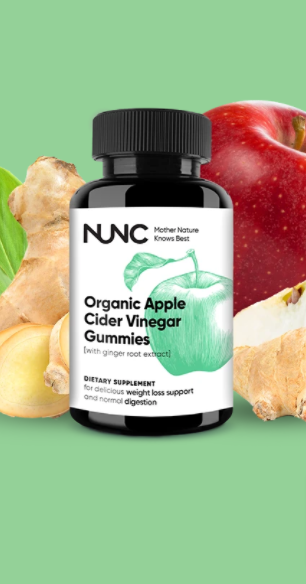



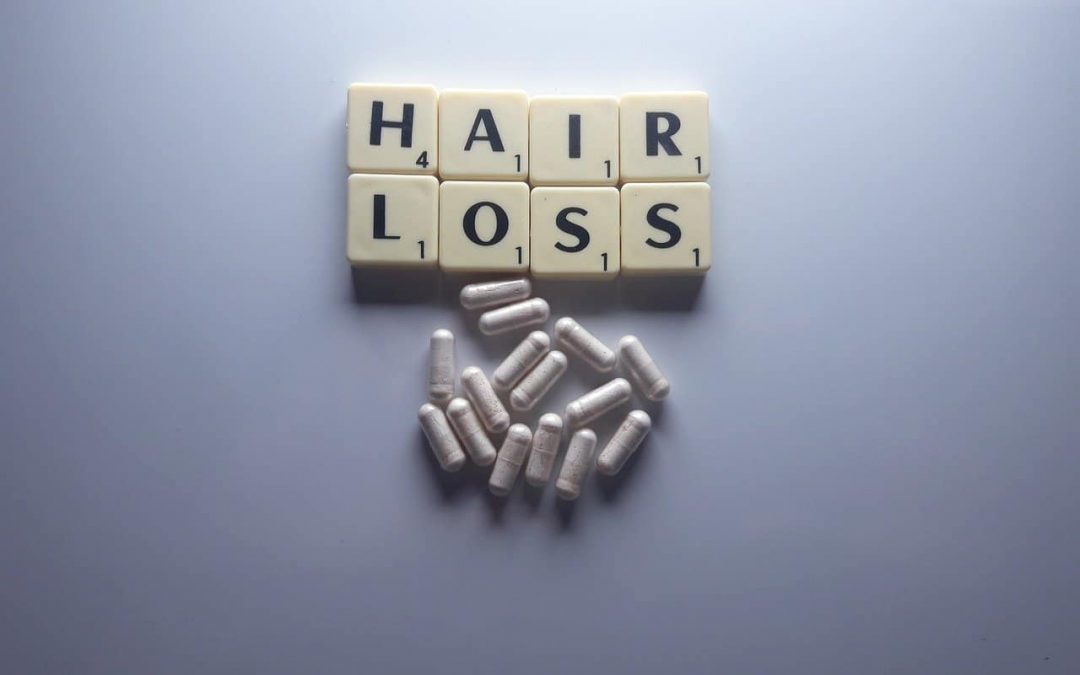
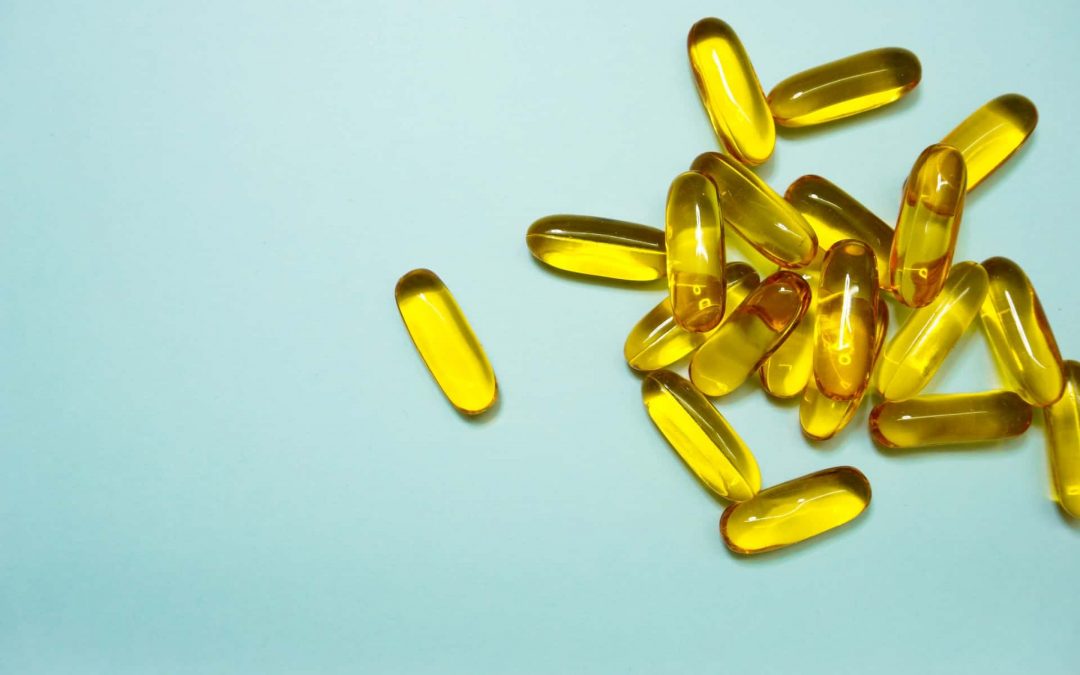
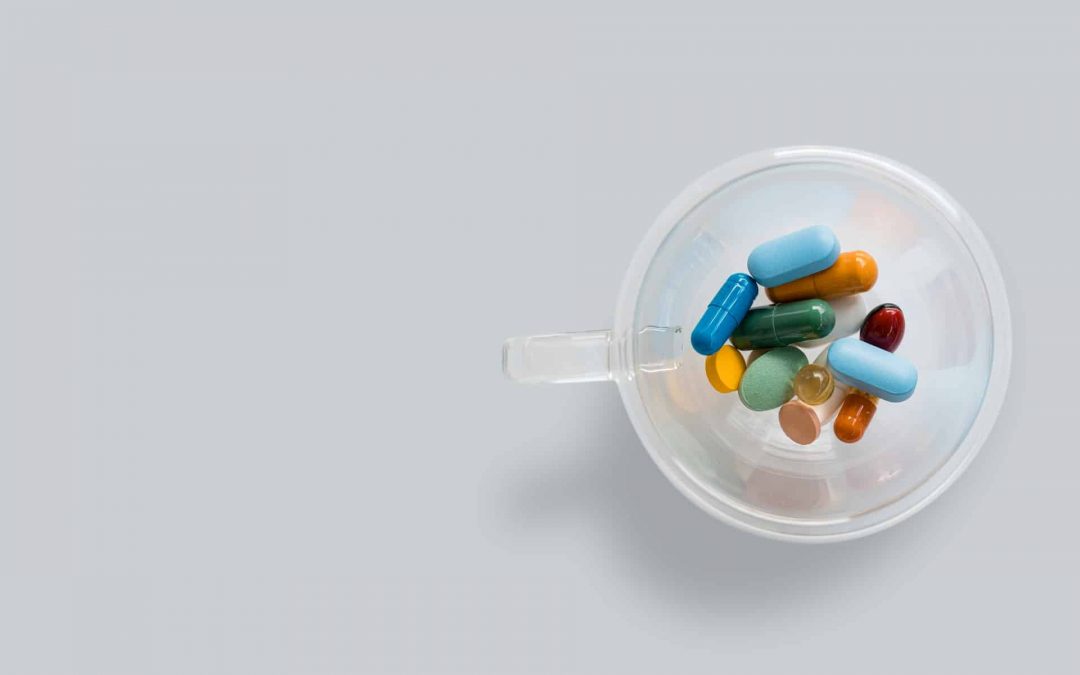
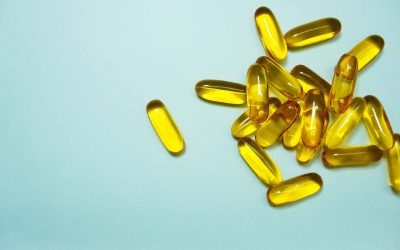


0 Comments